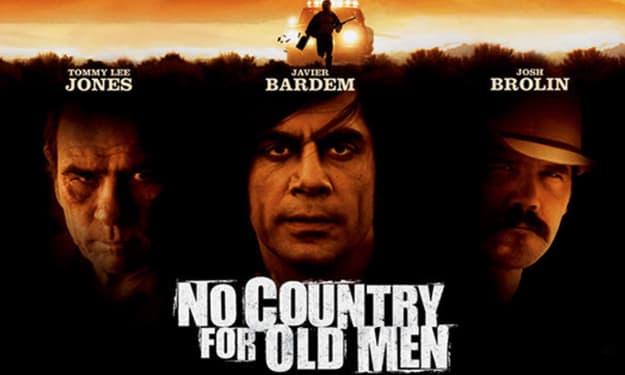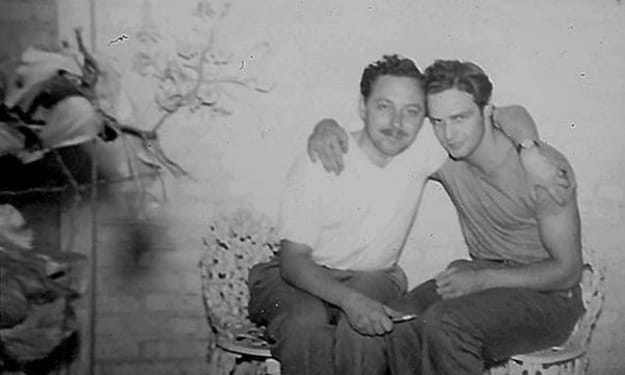
Can revenge be worth it and what are the consequences involved in carrying out acts of vengeance? Munich (2005), a film directed by Steven Spielberg, poses a number of moral quandaries regarding how can there possibly be lasting peace after so much violence and bloodshed has been spilt by both Israelis and Palestinians in a decades-long conflict. In addition to the historical narratives of both groups never seem to align, there is a violent undertone to how both groups see their struggle and what they are willing to do to ensure the success of their cause.
Munic’ is a film that is loosely based on the novel Vengeance by George Jonas, and takes a number of liberties regarding the historical events of the Black September terrorist attack on the Israeli national team during the 1972 Summer Olympics in Munich, Germany. While Spielberg’s adaptation may not be the most historically accurate, it brings the events of that tumultuous time of the Israeli-Palestinian conflict to life by attaching the names of the deceased to the tragic events that occurred. While not commercially successful at the box office, Munich was critically acclaimed and was nominated for five Academy Awards including "Best Picture," "Best Adapted Screenplay," and "Best Score."
While it didn’t win any of those awards, it was given a lot of praise for its writing, direction, and cast of characters including Eric Bana, Daniel Craig, and Ciaran Hinds. In addition, the film is not just about the 1972 Olympics attack, but it dives into what the Israeli government’s response was to this act of terrorism and how the response is similar to the "eye for an eye" ethos that reflects how governments react to violent acts of terrorism with an approach to seek vengeance primarily.
The main character of the film is not actually based on a specific person, but he is used as an amalgam of the Mossad agents of the Israeli intelligence service who were responsible for getting revenge on the Black September group of Palestinian terrorists. Avner Kaufman, played by Eric Bana, who after witnessing the tragic act of terror take place on national television alongside his wife, is subsequently thrust into service by Mossad, Israel’s national intelligence service, to run a counterterrorism operation and to lead a team of operatives whose main objective is to bring those men who plotted and orchestrated the attacks on the Olympians in Munich to justice, dead or alive.
This isn’t your average intelligence mission because it involves the probable use of deadly force to achieve the aims of the mission. Avner has to technically "resign" from Mossad first and to disavow that he has any connection to the Israeli government in order to carry out this secret mission. Avner’s handler, Ephraim, also informs him that this team is an eclectic mix of Jewish volunteers from around the world who are not really assassins so much as bomb makers, drivers, and document forgers.
Luckily, this unique team of newly recruited Mossad agents has good chemistry and they work well together in tracking down the plotters of the Munich attack. They are able to carry out the first couple of assassinations against the terrorists with precision and without any "collateral damage," meaning that no innocent civilians were not caught up in the crossfire. However, there are a few close calls where they almost end up killing the daughter of Mahmoud Hamshari in Paris which are they able to call off the bomb detonation calling off the attack at just the last moment. Also, the men who are being killed, while they are the masterminds of an older age, there’s a lingering sense in the film that the young militants who carry out these attacks are ready to take up arms given how righteous they feel the mission is of creating a free Palestine even if it means killing Israelis and Jews around the world. In one scene,
Avner, pretending to be a member of the German Red Army Faction (RAF), has a frank conversation with Ali, a member of the Palestinian Liberation Organization (PLO), about how "home is everything" to the Palestinian peoples and how much they want the land back that they believe was taken from them in the creation of the state of Israel in 1948. Believing that the Arab states would have the back of the Palestinian people, Ali believes that “Israel will cease to exist,” which did not change even with the Yom Kippur War of 1973 and the invasion of Egypt and Syria against Israel. In this critical conversation of the film, Ali believes that it will take a few more generations but a free Palestine is inevitable given how poor the conditions are in the refugee camps and how the Palestinians will win due to demographics and the deep belief in their want for a "home" and a state of their own separate from other Arab identities. “We want to be nations,” is a belief that hasn’t changed in the past forty years and is an intractable fact behind how the Israeli-Palestinian conflict continues to this day.
With this chance encounter of Mossad agents and PLO, there seems to be a worry among the Israeli team how they are targets as well and there is a team looking to kill them as well in response for their attacks against the Black September group. While the group is successful in tracking down seven of the eleven men who plotted the 1972 Munich Olympics attack, there is growing frustration as to whether meeting their objectives will have any long-term importance since these terrorist group leaders are just replaced by new people, and the cause of Black September and the Palestinian Liberation Organization continues to recruit new and young members to join the fight against the Israeli government. Avner, the main character, also sees most of his team members die in retaliation attacks along with interference from the CIA with regards to protecting their own Palestinian asset, Ali Hassan Salameh. As Avner’s team loses members and aren’t able to kill Salameh, the violent actions that Avner undertook as well as his inability to protect his men from harm weigh heavily on his conscience.
“Why cut my fingernails? They’ll grow back…” Ephraim, Avner’s handler, makes clear that terrorists replace one another with ease and they must keep the cycle of violence going as long as it takes until "peace" is achieved. Avner is disgusted with this argument and by the end of the film, is a morally conflicted Jew and Israeli, who realizes that this is not the way to have peace through an endless cycle of revenge and vengeance. Rather than continuing on as a Mossad agent in a mission that he no longer believes will change anything, Avner decides to quit.
As one of his team members tells Avner during the last mission they take on together, “We are supposed to be righteous. That’s a beautiful thing. And we’re losing that. If I lose that, that’s everything. That’s my soul.” Avner and the other team members understand implicitly that the violent actions they take have consequences and that while their version of history is different from the Palestinians, they are both using violence and bloodshed to further their own people’s cause, but to what end?
The main theme of Munich that Spielberg gets across to the audience quite well is that while the historical narratives may never overlap with each other, there has to be a recognition of the other side’s existence and to see a way to compromise without continuing the endless cycle of violence and revenge. What it comes down to fundamentally is recognizing the dignity, the hope, and desire for a better future of your fellow man and woman while putting aside the religious, cultural, and political differences to make peace now so that in the future young Israelis and Palestinians will not have to fight and die to preserve their nation’s existence.
About the Creator
Ben W
Ben helps students from around the world to improve their English language skills. Ben enjoys traveling around the world, developing his writing abilities, and reading good books.






Comments
There are no comments for this story
Be the first to respond and start the conversation.